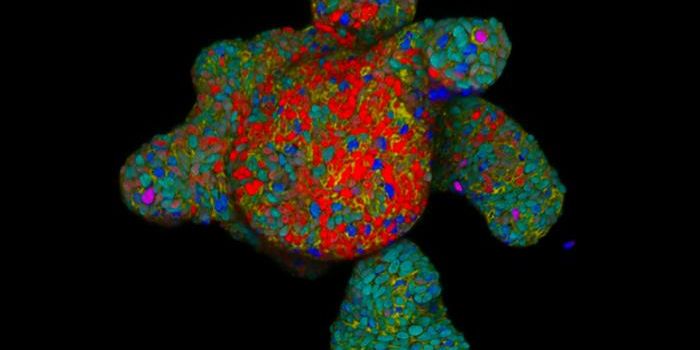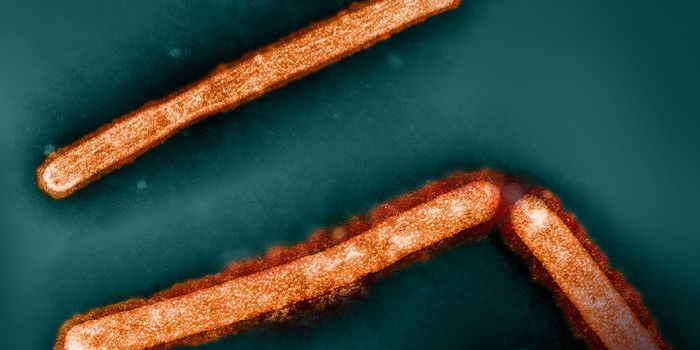A Common Bacterial Infection Could Lead to Colon Cancer
Infections of the bacterium C. difficile can cause diarrhea and inflammation of the colon called colitis. It is estimated that around half a million infections of C. diff occur every year in the United States. Most C. diff infections occur while an individual is taking antibiotics or just after taking antibiotics.
According to the American College of Gastroenterology, old age, weakened immune system, having other illnesses, and being in a hospital or a long-term care facility are all risk factors for a C. difficile infection. Those with inflammatory bowel disease are both more likely to develop a C. difficile infection and to develop of severe infection.
A new study published in Cancer Discovery indicates that the impact of a C. difficile infection may be more complex than previously thought and may increase the risk of developing colon cancer. The researchers used epithelial progenitor cells from the colon and exposed them to C. difficile. They found that the cells underwent complex changes consistent with the development of colon cancer.
The colon cells exposed to C. difficile underwent changes to Wnt/β-catenin signaling, ROS production, and a procarcinogenic mucosal immune response. The researchers stress the need for future work to identify the effect of C. difficile colonization on immune reactions and the resulting risk of developing tumors.
Study co-author Julia Drewes, Ph.D., says that “while this link between C. difficile and colorectal cancer needs to be confirmed in prospective, longitudinal cohorts, developing better strategies and therapeutics to reduce the risk of C. difficile primary infection and recurrence could both spare patients the immediate consequences of severe diarrhea and potentially limit colorectal cancer risk later on.”
Since C. difficile infections are often detected in clinical settings, such as after a prescribed regimen of antibiotics, the researchers hope that whether or not a patient has had a C. difficile infection could influence future medical decisions. If future research confirms that C. difficile infection is a risk factor for developing colon cancer, those with a past infection could be offered more rigorous screening for colon cancer.
Sources: Centers for Disease Control and Prevention, American College of Gastroenterology, Cell Discovery, Johns Hopkins Medicine








